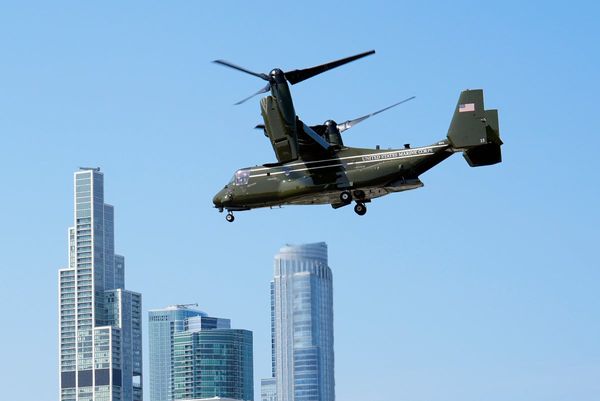
Even if you’re sure you’d hate camping, I recommend you try it at least once. Because after camping you’ll notice aspects of every other holiday will have elements of luxury, from packing and unpacking to showering and sleeping.
I can’t remember my first camping trip. I grew up with a mother committed to ensuring her children saw as much of their home state as possible, even if this involved excessively long drives to the middle of nowhere. I was also a Brownie then a girl guide. I liked camping, I had friends who liked it, later I married a guy who liked it, and we had kids who did too.
On one hand, who wouldn’t? Stunning views in the day, starry skies at night; beautiful beaches and bush; time to read, to wander, to swim, to think, to talk.
Then there are the double-edged swords. No reception feels freeing, unless someone gets hurt or the car breaks down; food somehow tastes better but, unless there’s a shop within cheating distance, you have to BYO everything. If there are toilets you have to contend with the smell, and if there aren’t you have to find a spot secluded enough to avoid getting seen but not so secluded you end up lost.
There are aspects of camping I don’t like at all. Packing is a pain. It doesn’t just involve clothes, bedding and food. You need tents, tarps, a stove, fuel, lighter, an Esky, pots, pans, bowls, knives, spoons, washing-up liquid, towels, tea towels, chairs, chopping boards, mozzie repellant, hats, coats, jackets, beanies, scarves, swimmers, boots, torches, batteries for the torches, first aid supplies …
Sometimes there are predatory insects: mosquitoes, flies, leeches, jellyfish. Possums are endearing, until they spend the night unzipping bags, stealing food and fighting more viciously than cats. Native mice are cute, until they’re scuttling in the night and your sleep is interrupted by the fear they will crawl over your face. And snakes, spiders and ants, well, sometimes they bite.
There are moments of exciting exploration and blissful relaxation. But boy do you have to earn them. You have to pitch a tent before you can sleep, set up a makeshift kitchen before you can cook, pack supplies – even a map – before you can hike. You’d think that by the time you roll into bed you’d sleep well, but even if the wildlife behaves, lying in a bag of synthetic fabric that makes a noise every time you move, on an air mattress that feels less like the air than like the ground, in very close proximity to other family members, isn’t necessarily restorative.
There is also the work of leaving: trying to stuff sleeping bags into sacks that seem half the appropriate size, cleaning the tent, drying the tent, packing up the tent. And then, when you get home, another round of unpacking and cleaning and putting away.
By the time you’ve let the (brown) bathwater out of the tub and scrubbed the filthy rim it left behind, you might vow never to camp again. But the experience might yet pay off. Next time you go away somewhere with walls, beds, electricity and shops, you won’t believe how easy it is.
I was struck by this the last time my family had a weekend away – at a house. Rather than make an extensive list of necessities in advance and check off items as we packed ahead of time, we just chucked some stuff into bags on the day. Rather than pack for the kids – or at least supervise their packing – I just told them how many nights we were going and left them to sort themselves out. Rather than plan our meals and shop in preparation, I grabbed some food from the cupboard and fridge – supplies could be replenished easily.
On the way I said I knew this haphazard approach would mean we’d forgotten stuff but reasoned it wouldn’t matter. So long as we all had undies. At that point I realised I had not in fact packed undies and added a slight detour to our route. A subsequent discovery was that our six-year-old had packed three pairs of PJs – one for every night – but no clothes. Another child remembered thongs but forgot shoes. If we’d been staying in the wilderness this would have been an issue, but we were staying in a HOUSE!
If you pack the wrong clothes for camping and get snowed in, you might risk hypothermia; if you haven’t packed enough food, you might starve; if you run out of fuel, you can’t cook; if all your torch batteries die, you can’t light up the night. But if the nearest shops are a 20-minute drive away, the stakes are gloriously low. And don’t get me started on the luxuries: soft beds, electric lights, flushing loos, privacy, a fridge.
Even if you expect to hate camping and regret choosing to go while you’re there, it will pay off afterwards; when being in a normal house – even a rundown shack – feels like the lap of luxury.
Emma Wilkins is a Tasmanian journalist whose freelance work has appeared in newspapers, magazines and literary journals in Australia and beyond







